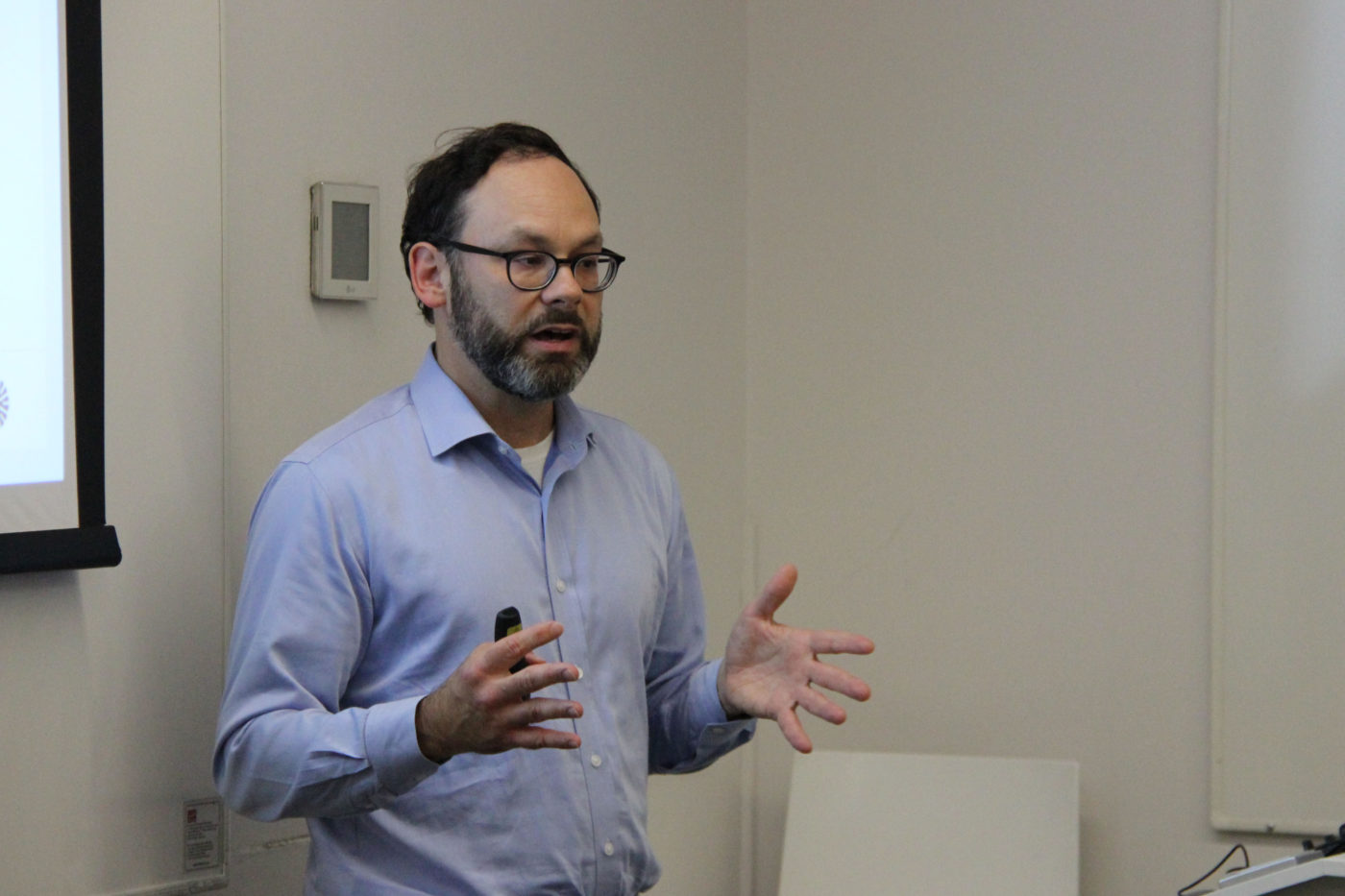Borrowing the words from Karl Marx’s Communist Manifesto, many consider populism the new “specter that is haunting Europe”. Setting aside the differences with communism, recent electoral gains by the populists are bringing about a sound disruption of the European political space. So much so that today we are reexamining the very same concept of democracy, either to defend it from a populist rule of the “strong men” or to chart reforms that curtail their rise.
This is why Club de Madrid (CdM) found it very timely to join the Pew Research Center in an event hosted by the IE School of International Relations under the title ‘Populism in Europe – is it disrupting the right/left divide?’. Its main course was the presentation of a new report by the Pew Research Center on political attitudes in Western Europe, which conveys how populist parties are tapping into the frustration towards the establishment.
Mainstream parties have also felt the shock. “The rise of populism has changed the context in which leaders operate today. We have seen mainstream parties adapt and update their discourse to the new context”, said Dr Richard Wike, director of global attitudes research at the Pew Research Center. In recent political upheavals, mainstream parties have been forced to adopt harsh stances on migration or flirt with euroscepticism, both trademarks of European populism. The recen crisis in Germany between the governing CDU and their coalition partners CSU is the latest example.
The report presented by Dr Richard Wike is based on a poll conducted in late 2017 in 8 countries of Western Europe (Germany, France, Italy, Spain, the UK, Denmark, the Netherlands and Sweden) and finds a worrying trend of disenchantment over politics, which to a great extent feeds into the electorate of populist parties. At the same time, populist parties incite the shattering of established parties and intellectual ideas that uphold today’s forms of power and hegemony.

After selecting a few relevant topics commonly present in today’s European political agenda, the report identifies to what extent the traditional left-right divide is the main driver of political attitudes on these topics or if populist sentiments have disrupted this traditional divide.
A forgotten bunch
Underneath it all, the report confirms that people classified as populists tend to be much less politically engaged than people with mainstream views
Trust in institutions associated to representative democracy (parliaments, the news media), the financial sector (banks) and the liberal order (European Union) is low in countries like the UK, Spain, France and Italy. In regards to the European institutions, citizens with populist views are less likely to see the economic benefits of the EU.
The reasons leading to this perceived gap between citizens and the establishment are the subject of lively discussion among academics, ranging from cultural explanations to those that stress the importance of the functioning of the economy and the increasing divergence between rural and urban environments. Whichever the root cause, it is clear that liberal democracies are not doing enough for many of their citizens, particularly those left behind by technological advancements or working in declining industries, often referred to as ‘losers of globalization’. “It’s about people feeling that they are being listened to and that they are represented”, said Dr Wike.
Most Europeans want migrants to adopt the countries customs and traditions
People with populist views tend to hold negative views on the impact of migrants on their economy and security, despite the fact that the main driver of attitudes over migration is still the left/right divide.
Most Europeans want migrants to adopt the country’s customs and traditions, a debate very much present in our Shared Societies Project. According to the longest-living Club de Madrid project, a Shared Society is that in which all individuals and constituent groups hold status as equally contributing participants, free to express their differences while integrating their voices within the broader population.
But when it comes to issues like the rights of the LGBT community, gender, or economic policy the traditional ideological divide of left/right still drives political attitudes and populism plays a very limited role.
Secretary General of Club de Madrid expressed her gratitude over the study conducted by the Pew Research Center, considering it very useful for an organization that works for a democracy that delivers.




